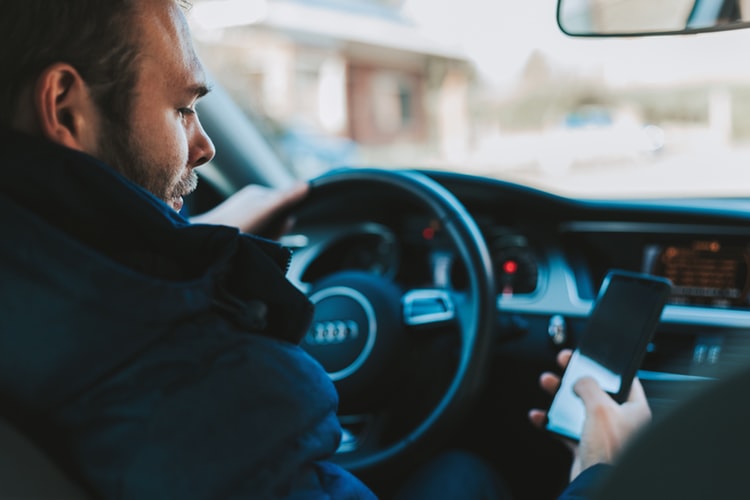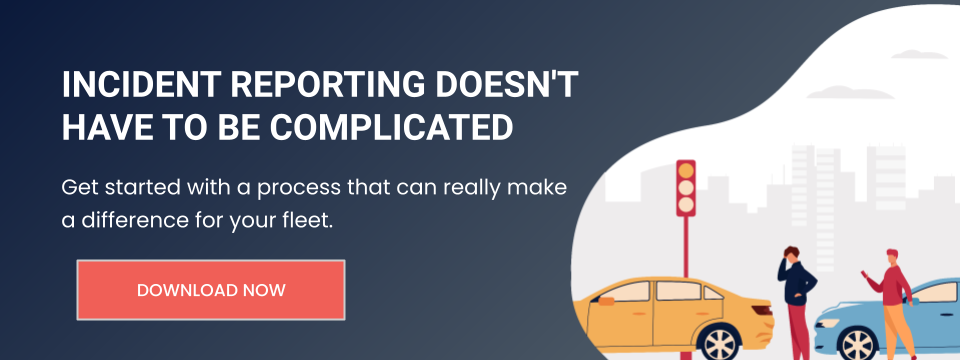Since their introduction, mobile phones (cell phones) have completely revolutionised our lives. Mobile phones can be very helpful for people in general, and particularly for drivers. If you drive, for whatever reason, a mobile phone enables you to:
- call for help in the event of a breakdown
- notify emergency services of an accident
- let someone know you are late due to weather, traffic, or any other reason
However, the dependency on mobile phones most of us have in our day-to-day lives has unfortunately led to a good deal of mobile phone misuse while driving. Mobile phone misuse while driving makes drivers four times more likely to crash, according to the RSA (Road Safety Authority) of Ireland.
According to the law, you can only use your mobile while driving if you are calling 999 or 112, or in the event of an emergency.
It is a legal offence to hold a mobile phone in your hand or support it with another part of your body (between your head and shoulder, for example) when you are driving. You can expect to receive a fixed charge notice of €60 if you are spotted by the Garda (the Irish police force). If you pay it, you will get two penalty points. If you don't, you might end up in court, and get four penalty points and a fine of up to €2,000.
Even if hands-free kits are legal, they are still a source of distraction while driving, putting you, other road users, and pedestrians at risk. Safe control of your car, van, or bus is your responsibility, so the optimum choice would be to avoid the use of any mobile phone device altogether while driving.
In some countries, it is illegal to text while driving or even use a phone without a hands-free device. But even if it were legal, do you think it would be a good idea for your drivers to use a mobile phone while they drive?
The use of mobile phones is a distraction, however, you look at it, and studies demonstrate that even the use of hands-free devices compromises driver safety. And, apart from the obvious safety implications, what if a customer saw one of your drivers using a mobile phone while driving? What kind of impression might this generate for your company?
Accidents and safety are a top priority for fleet managers, so you need to minimise the risks of collisions, but at the same time, a method of communication with your drivers is necessary: you need to know precisely where they are at any given time. Vehicle tracking offers the solution, as it enables you to keep tabs on your driver’s location and on any eventualities such as traffic jams or breakdowns as well—all this without the need to make calls that might distract drivers and compromise safety.
A second and useful step to increasing safety regarding mobile phone misuse would be the setting up of a mobile phone use policy that can educate drivers on how to use phones in an appropriate way, encouraging them to minimise the use of these devices or use them only when the vehicle is parked and not operating.



